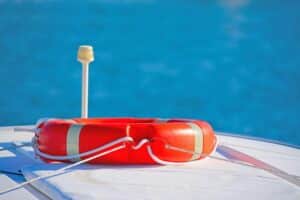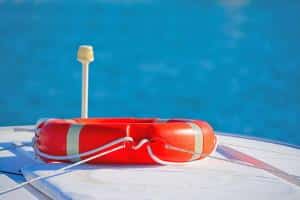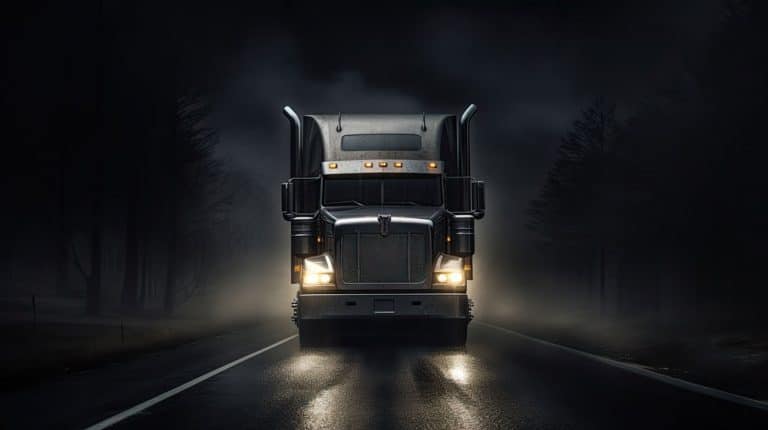 It’s summertime in Colorado, a great time of the year to explore and enjoy the beauty and nature of Colorado. For some of you that probably means heading out to the lakes, reservoirs, and rivers throughout the state. So let’s talk a little bit about Colorado boating laws and some important safety measures.
It’s summertime in Colorado, a great time of the year to explore and enjoy the beauty and nature of Colorado. For some of you that probably means heading out to the lakes, reservoirs, and rivers throughout the state. So let’s talk a little bit about Colorado boating laws and some important safety measures.
Colorado Boating Statues and Regulations
Colorado boating laws are codified in title 33 of the Colorado Revised Statutes (C.R.S.), dealing with parks and wildlife. The statutes cover such areas as boat registration or “numbering,” equipment requirements on boats, minimum age of motorboat operators, prohibited operations on a water vessel, operating a vessel while under the influence (BUI), rules regarding collisions and accidents, rules regarding water skis and other recreational devices, and more.
There are also several regulations regarding boating including dealer licenses, buoys, scuba diving, river use restrictions, personal flotation devices, sound levels, maneuvering and warning signals, among others.
C.R.S. § 33-13-106 covers equipment requirements, which states that you cannot operate a personal watercraft (a motorboat) unless each person aboard is wearing a United States Coast Guard approved personal flotation device. You also cannot operate a vessel (all watercrafts) on the water unless each child under the age of 13 who is aboard is wearing a personal flotation device, unless the child is below deck. You are also required to have aboard the following:
- One personal flotation device in good and serviceable condition
- When operating during hours of darkness, you must have a light sufficient to make the vessel seen by other vessels
- If not an entirely open vessel, and if carrying inflammable fluid in any enclosure, you must have a natural or mechanical ventilation system
C.R.S. § 33-13-107.1 covers the minimum age you have to be to operate a boat. The statute states that no person under 16 shall operate a motorboat with one exception. A minor between the ages of 14 and 16 may operate a motorboat if:
- He or she completes a boating safety course approved by the division of parks and wildlife; and
- Has a boating safety certificate issued by the boating safety course provider in his or her possession.
C.R.S. § 33-13-108 covers prohibited boating operations. It includes some of the following rules:
- It is unlawful to operate a vessel in a careless or imprudent manner (ex: airborne, unsafely weaving through traffic, operating at a high speed that requires you to abruptly swerve in order to avoid a collision)
- It is unlawful to operate a vessel in a reckless manner
C.R.S. § 33-13-108.1 is the operation of a vessel while under the influence (BUI) statute. If you have a BAC of 0.08 or more you are considered under the influence of alcohol, which is a misdemeanor offense. Also, check out the Division of Parks and Wildlife information on BUIs.
For more information check out the 2015 Colorado Boating Statutes and Regulations Pamphlet from the Division of Parks and Wildlife.
Boating Safety Recommendations
The National Weather Service (NWS), National Oceanic and Atmospheric Administration, has some great recommendations when it comes to safe boating.
The NWS further recommends that you do the following before you head out to the waters in order to prepare for hazards:
- Check the forecast
- Check for the latest NWS buoy observations at the Observations from the National Data Buoy Center
- Make sure your boat has all essential and required safety equipment and communications tools (jackets, fire extinguishers, cell phones, weather radios, etc.)
The NWS also provides some great information on what to do when the weather changes.
And for you kayakers out there, the American Canoe Association (ACA) has a great video covering the Top 10 Tips for Canoeing & Kayaking Safely which are:
- Always wear a life jacket
- Stay sober
- Obey navigation rules
- Check the forecast
- Know your limits
- File a float plan
- Wear appropriate clothing
- Avoid flood waters
- Portage around low dams
- Don’t stand in rapids
So if you are heading out this summer to go boating, kayaking, or canoeing, remember to be safe and prepared. But also have fun!


